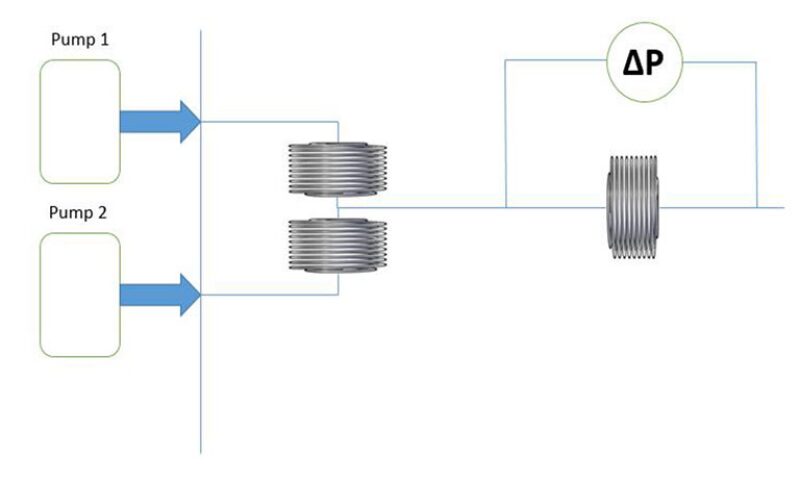In this study, a laboratory analysis was conducted to study the effect of a phosphonate-based scale inhibitor on a mixture of hypersaline Arabian Gulf seawater and formation water under high-temperature/high-pressure conditions. The objective was to identify the minimum scale-inhibitor concentration required at various temperatures to achieve a cost-effective solution in minimizing the formation of common oilfield scales. This research pushes the thermal constraints of a phosphonate-based scale inhibitor to 330°F to test its efficiency and treatment integrity.
Introduction
Produced water, seawater, and nanofiltered seawater have been explored as environmentally friendly and cost-effective alternatives to fresh water in fracturing fluids at different ratios. Consequently, total-dissolved-solids (TDS) levels, salinity, and bottomhole temperatures have increased, making scale inhibitors more important than ever.
In this study, raw Arabian Gulf seawater and a water mixture from the Jafurah formation was used at various ratios and at different temperatures to determine the efficiency of a phosphonate-based scale inhibitor in the presence of ion complexes.


